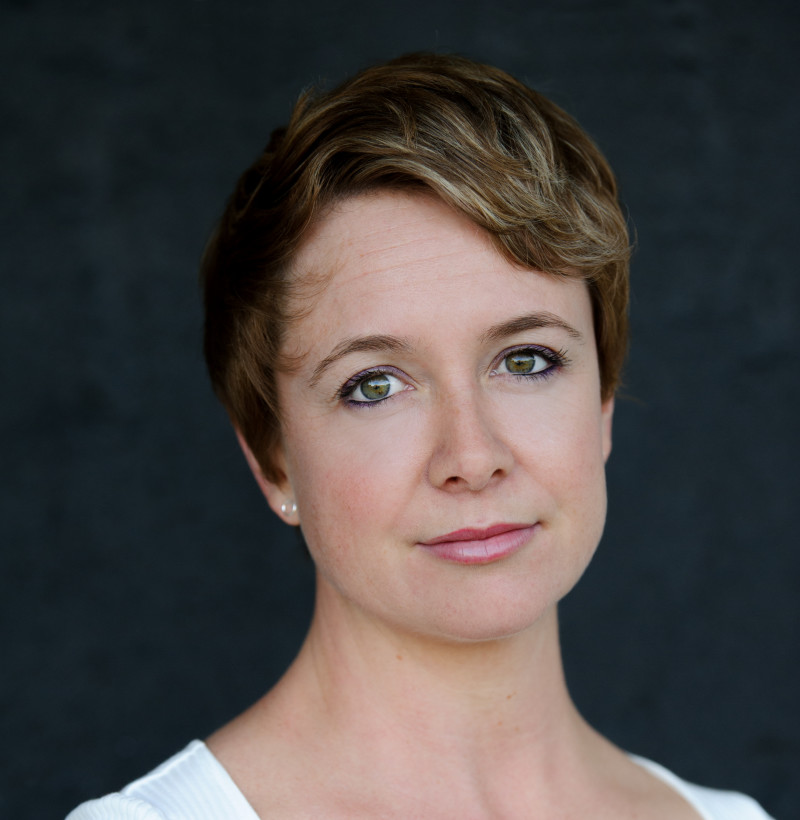
Hoare’s widely admired Leviathan or, The Whale (2009) suggests the basic template. Writers like Robert Macfarlane, Barry Lopez, Melissa Harrison, Patrik Svensson and Philip Hoare offer their readers a blend of historical, cultural and scientific information, organised around a central theme, and wrapped in a comforting blanket of personal reflection. Where the former approach strives to be consciousness-raising, the latter, one might say, strives to be consciousness-expanding.Īs is the case with so much non-fiction writing these days, the books that tend to fall into the second category present themselves as generic hybrids. But they suggest two necessary and complementary imperatives of environmental writing. The distinction is more a question of emphasis than genre. These tendencies are not mutually exclusive, of course. But there is also a substantial and growing cohort of nature writers whose ambitions are more overtly ‘literary’ (for want of a better word) – which is merely to say, they are writers who are interested in exploring the relationship between nature and culture, and who consequently produce works that are overtly imaginative, contemplative and stylised. There are dedicated journalists and science writers, like George Monbiot, David Wallace-Wells and Elizabeth Kolbert, who address environmental issues in an activist spirit that can be traced back to Rachel Carson’s groundbreaking Silent Spring (1962).

Within the broad category of contemporary nature writing, it is possible to identify two general tendencies.

Such, and so magnifying, is the virtue of a large and liberal theme! We expand to its bulk. Give me a condor’s quill! Give me Vesuvius’ crater for an inkstand! Friends, hold my arms! For the mere act of penning my thoughts of this Leviathan, they weary me, and make me faint with their outreaching comprehensiveness of sweep, as if to include the whole circle of the sciences, and all the generations of whales, and men, and mastodons, past, present, and to come, with all the revolving panoramas of empire on Earth, and throughout the whole universe, not excluding its suburbs.


How, then, with me, writing of this Leviathan? Unconsciously my chirography expands into placard capitals.


 0 kommentar(er)
0 kommentar(er)
